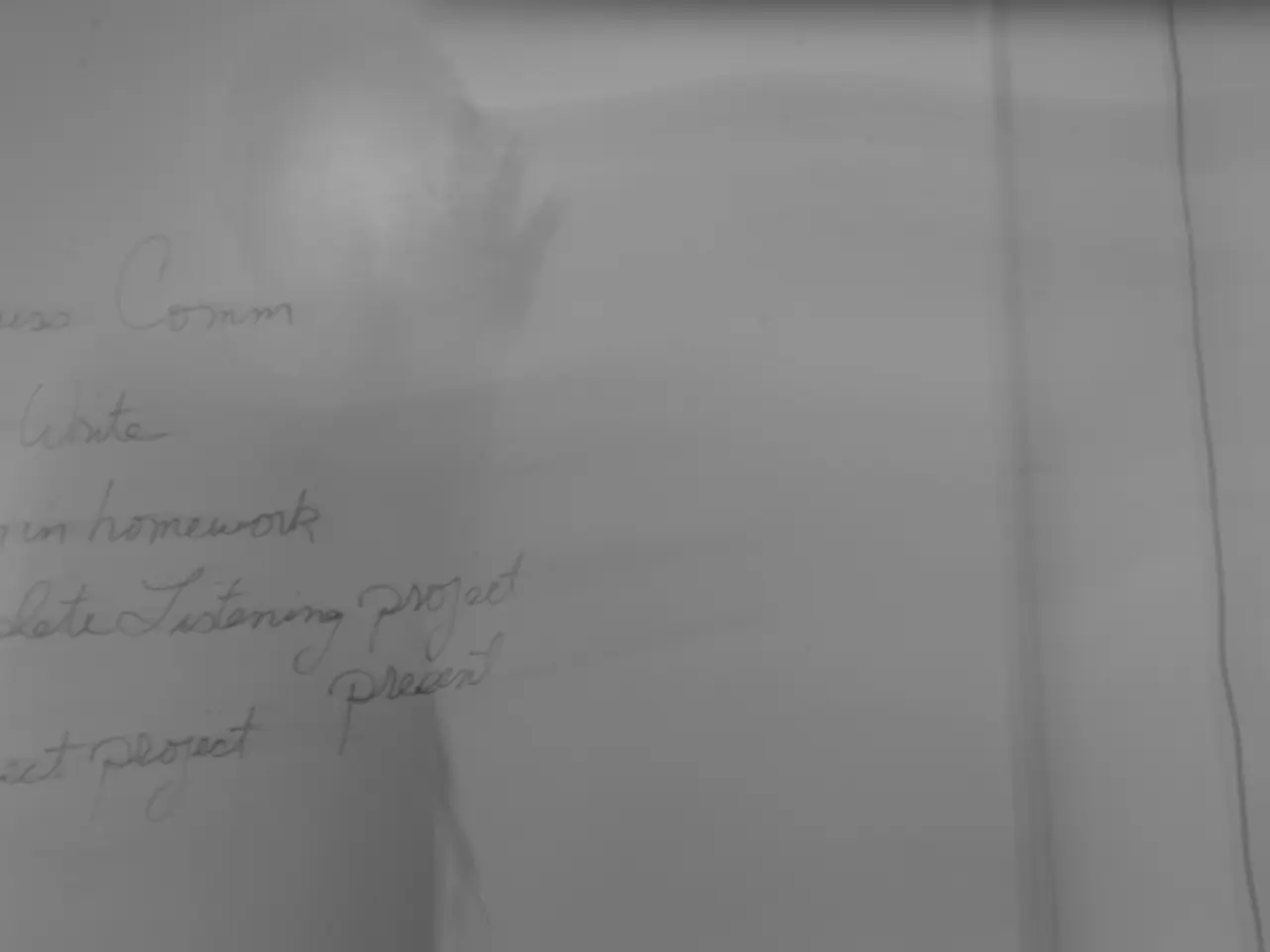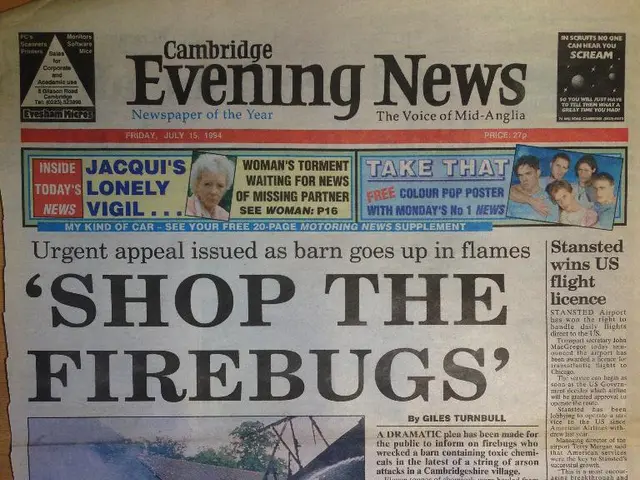Federal court upholds Securities and Exchange Commission's policy of settlements without admissions of wrongdoing, while allowing potential for future judicial disagreements
The Securities and Exchange Commission's (SEC) Rule 202.5(e) has been the subject of intense legal scrutiny, with various courts expressing reservations about its potential impact on First Amendment rights.
In a significant development, the U.S. District Court for the Southern District of New York has shown reluctance in approving the SEC's consent agreements due to the Rule's restraint on speech. The court emphasized that defendants should not be compelled to waive their First Amendment rights by the government.
The U.S. Court of Appeals for the Fifth Circuit has also raised concerns about Rule 202.5(e) in an as-applied challenge. Two members of the panel issued a concurrence, stating that the Rule could force defendants to choose between silence or bankruptcy due to continued litigation with the SEC.
The Ninth Circuit, too, has weighed in on the matter. In a ruling, the court found that Rule 202.5(e) does not merely restrict speech, but allows defendants to voluntarily consent to not denying the allegations against them in exchange for substantial benefits. The court emphasized that "in application, Rule 202.5(e) could impermissibly intrude on First Amendment rights, especially if it prevents civil enforcement defendants from criticizing the SEC."
However, the Ninth Circuit rejected a challenge to SEC Rule 202.5(e) that sought to have the Rule declared unconstitutional on its face. The court found it was not within its purview to question the SEC's policy decisions or priorities in its enforcement actions.
The door remains open for potential as-applied First Amendment challenges to the Rule, but it is uncertain whether a defendant can successfully challenge it on that basis. SEC Commissioner Hester Peirce dissented from the 2024 denial of a petition to amend Rule 202.5(e), arguing that the prohibition set forth in the SEC's rules "is unnecessary, undermines regulatory integrity, and raises First Amendment concerns."
Notably, the petition to amend SEC Rule 202.5 in 2018 was filed by the Chamber of Commerce of the United States. A lawsuit challenging Rule 202.5(e) was brought by the New Civil Liberties Alliance ("NCLA") and several individuals who settled with the SEC.
For legal advice and representation in matters related to SEC Rule 202.5(e), contacts at the firm include Courtney Hague Andrews, Darryl Lew, Tami Stark, Jason Ho, and Paula Kates, who specialize in areas such as Litigation, International Arbitration, White Collar/Investigations, Technology, National Security, Economic Sanctions & Export Controls, Sustainability & Responsible Business, and Capital Markets.
As the legal challenges to SEC Rule 202.5(e) continue, the potential impact on First Amendment rights and the SEC's enforcement actions remains a topic of ongoing debate.




